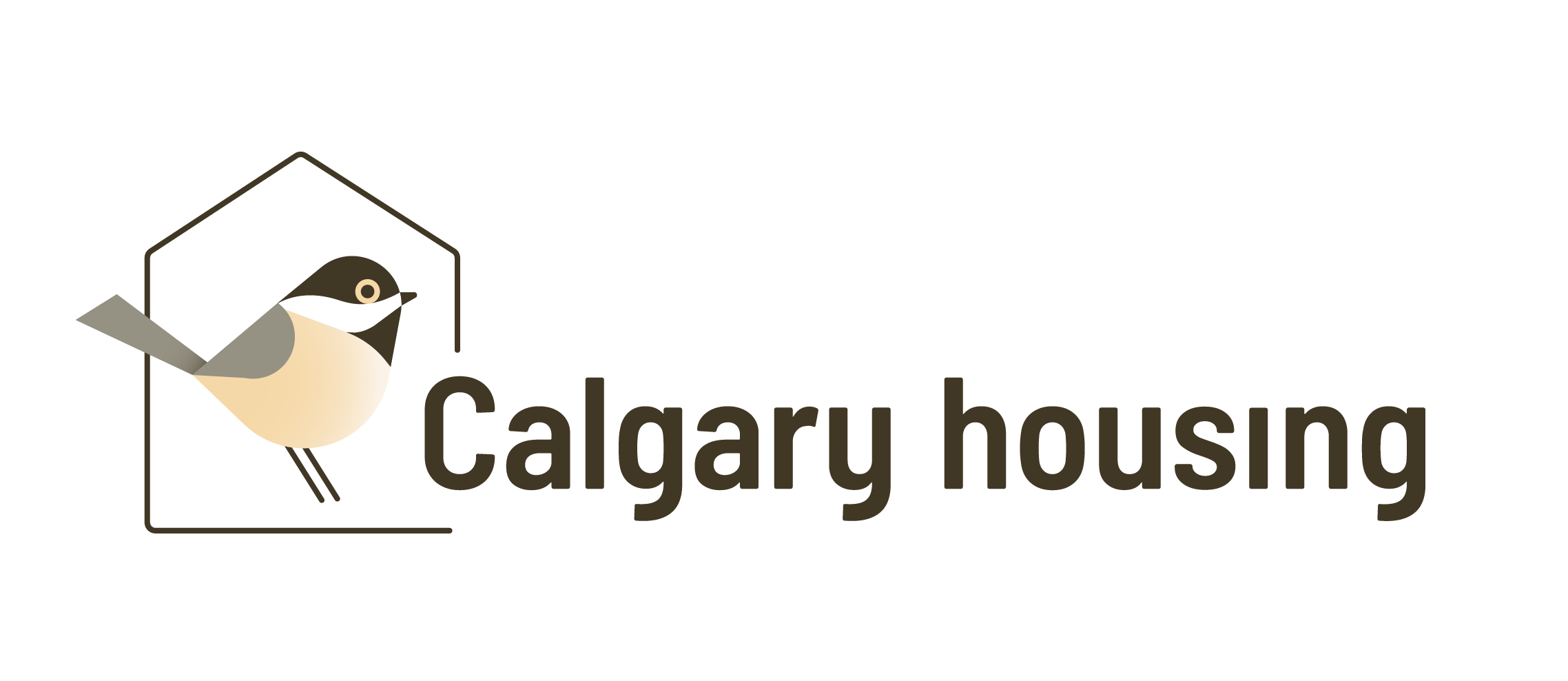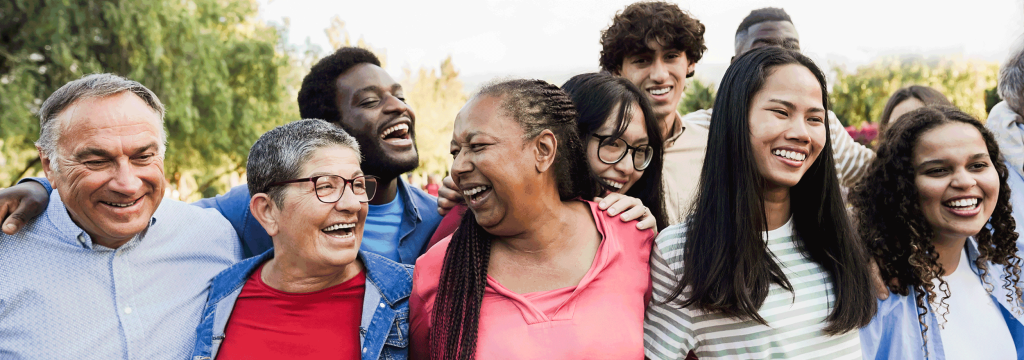
In Calgary’s Forest Lawn neighbourhood, Indigenous families gather over shared meals, weaving together connection, culture and teachings help unravel the threads of intergenerational trauma.
Braiding the Sweetgrass is a program offered by Hull Services that supports urban Indigenous families to experience community and connect with their shared identities. The only requirement to join the program is that someone in the family must be enrolled in any grade in school, from kindergarten to Grade 12.
Peter Daniels is the program coordinator of Braiding the Sweetgrass. One of his goals is supporting these families in regaining cultural acceptance, to be proud of who they are and where they are from. The program allows families to overcome stigma and come back to their roots.
“It gives them the opportunity to be part of the community — a community of other Indigenous people that are searching for the same thing.” Daniels said.
The four-month program takes place in Hull Services’ Forest Lawn location and runs twice a year. There are eight different sessions led by Elders. The sessions include dinner on weeknights and lunch on weekends. The program kicks off with a pipe ceremony and a feast that engages families in the program right away.
“I heard an elder actually call it kind of an Indigenous contract, in a way,” Daniels said with a laugh.
The program includes age-appropriate lessons so families can learn teachings on the same topic.
Daniels recalls a Calgary Housing resident who was a single mom who was able to recognize the pattern of harm that she experienced as a child in herself. She was subconsciously repeating the pattern and, through the program, was able to recognize that and build a deeper connection with her daughters.
Families that graduate from the program or take a pause on their attendance have the option to take the program a second time to build more knowledge and to allow flexibility for changing life circumstances.
There is also a continuing community for graduated families so they can maintain their connections. Seventy families are now a part of the continuing community.
“Families come back with more resilience. They’re advocating for themselves more. For us staff, we get to watch the impact and that’s the big rewarding part,” Daniels said.
Daniels shared a story that highlights the program’s influence. A young mother, participating with her eight-year-old and one-year-old, had a realization during the sessions: she had stopped showing affection to her older child at a certain age, mirroring a pattern from her own upbringing. Encouraged by the lead Elder, she decided to break that cycle.
“Especially with the parents, when they’re in those groups, you see a lot of ‘aha’ moments,” Daniels said.

